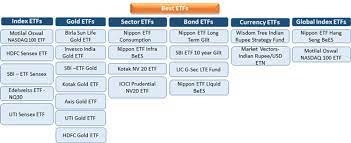A Comprehensive Guide to Mutual Funds in India: Benefits, Types, and Investment Methods

Mutual funds have emerged as a popular investment option in India over the years, attracting a large number of investors seeking a diversified and professionally managed approach to grow their wealth. In this article, we will delve into what mutual funds are, why one should consider investing in them, the various benefits they offer, different types of mutual funds available, methods of investment (SIP and lump sum), risks associated with investing in mutual funds. Mutual funds are investment vehicles that pool money from multiple investors to invest in a diverse portfolio of stocks, bonds, or other securities. These funds are managed by professional fund managers who make strategic decisions to maximize returns for investors. Each investor in a mutual fund owns units, and the value of these units is determined by the performance of the underlying assets. Why Should One Invest in Mutual Funds? There are several compelling reasons to invest in mutual funds: a. Diversification: Mut...


